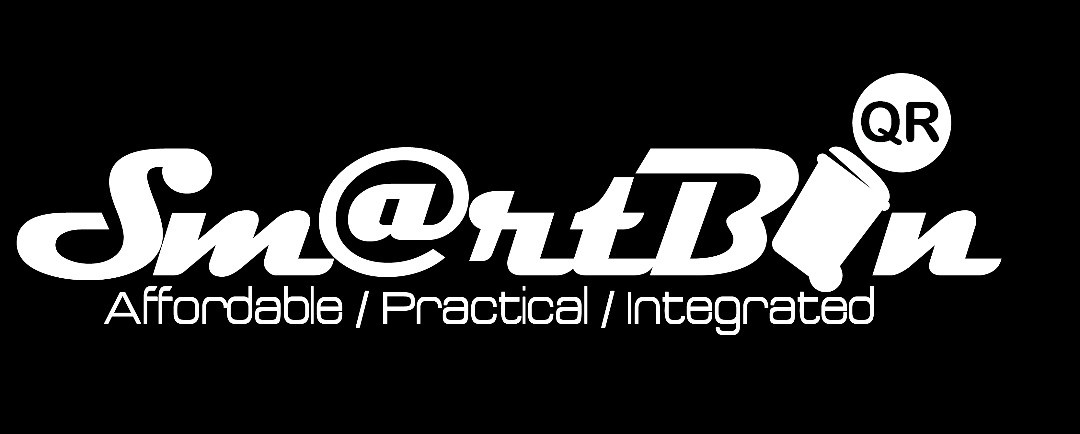Sm@rtBin: Knowledge Monitoring for Waste Management Domain
– Headed by Assoc. Prof. Dr. Mohammad Nazir Ahmad.
Sm@rtBin: Research into monitoring aspects of waste management domain.
Effective knowledge management is crucial in the Waste Management (WM) domain. Managing knowledge for the domain of WM is a complex task, so it needs to be governed well. Given a single large domain of WM, the monitoring area is one of its most important subdomains. ICT-based solutions have been known as a great tool to manage WM related knowledge. However, the development of a family of ICT-based systems (or applications) within the scope of monitoring, needs a well-defined plan so that the interoperability among these systems can be well-managed. The Sm@rtBin is a central system for waste management monitoring purpose.
INTRODUCTION OF RESEARCH
Waste management can be generally understood to mean the collection, transportation, treatment and disposal of garbage, sewage, and other waste products, along with relevant monitoring and regulation. In other words, it encompasses all processes and resources related to proper waste material handling, monitoring bin collections, and maintaining waste transport trucks and dumping facilities, in compliance with health codes and environmental regulations.
With a focus on the monitoring as a subdomain of WM, systematic monitoring is an important aspect of waste management. For example, successful bin collections depend greatly on effective coordination and communication, as performed by a number of stakeholders (or players) including contractors, collectors, inspectors, finance officers, and waste managers. Poor monitoring and coordination between these stakeholders can result in inaccurate contractor payments, indecision regarding the termination of incompetent contractors, increased community complaints, difficulties in auditing bin inventories, and insufficient tracking efforts. All this can lead to integrity and transparency problems faced during collection activities. Another related issue is that monitoring decisions are usually made based on the individual experience and domain knowledge of relevant managerial personnel. Unfortunately, this shared knowledge is not well captured, nor explicitly represented.
FINDINGS OF RESEARCH
WM is a single large domain. At this moment, we focus only on the monitoring subdomain. We have introduced the Sm@rtBin solution as a central system supporting monitoring subdomain activities. The development of the Sm@rtBin solution has triggered the following fundamental findings:
- Domain ontology for waste management
An ontology is an explicit specification of conceptualization (Gruber 1993), serving as a kind of conceptual model. It captures the reality (semantics) of the domain. Nowadays, there is a growing interest in approaches that employ ontologies as domain-driven conceptual models which enable smooth communication, the development of ontology-driven information systems, interoperability, and knowledge sharing between humans and machines. We are currently developing a domain ontology for waste management, namely, OntoWM. The Sm@rtBin system has initiated a modular ontology representing a basic reality of WM monitoring subdomain. The reality has been captured to be a “seed” fragment and is evolving to be a single large OntoWM (domain ontology).
- ICT-based family systems (or applications) under the same domain ontology
We can have a larger numbers of ICT-based systems (or applications) developed under the same domain. The development of these systems needs to be well-governed and planned so it can enable smooth interoperability and future integration. With a focus on monitoring subdomain, many subsystems for monitoring waste management can be potentially proposed with the Sm@rtBin as a foundation. These subsystems are innovative solutions within the scope of monitoring. The Sm@rtBin will be a central system to these potential future subsystems and will be integrating them all.
- Extending a theory of interlocking institutional worlds
Interlocking Institutional Worlds (IWs) is a concept explaining the needs to interoperate between stakeholders (or players) to solve a common interest in a given domain of interoperating information systems. The domain of WM is a kind of domain of interlocking institutional worlds. The Sm@rtBin has been developed with the understanding of the concept of IWs as a theoretical foundation.
- Gamification research into the Sm@rtBin
Gamification is an interesting area where application of typical elements of game playing (e.g. point scoring, competition with others, and rules of play) is done to other areas of activity, typically as an online marketing technique to encourage engagement with a product or service. The Sm@rtBin is to incorporate gamification features in order to provide a better experience.
- Sm@rtBin analytics
Descriptive, predictive and prescriptive are generally three types of analytics. With the evolving data into the Sm@rtBin solution, it sparks essential needs to have these types of analytics.
- Sm@rtBin adoption
Research into empirical study of ICT-based adoption is crucial. Intention to use and continuance intention to use are interesting areas to explore. The Sm@rtBin has shown the need to explore and has resolved behavioral phenomenon in order to successfully adopt the Sm@rtBin solution for WM domain.
FUTURE WORKS
Proposing ICT-based solutions like the Sm@rtBin in an integrated way from the beginning is crucial for supporting interoperability at a domain level. Very little attention is given to current work which focuses on developing ICT-based systems under the governing conceptual models like OntoWM. We are pioneering these possibilities. In future, we will deliver more fundamental and applied research questions under six (i-vi) finding areas triggered by the Sm@rtBin walkthrough experience.

